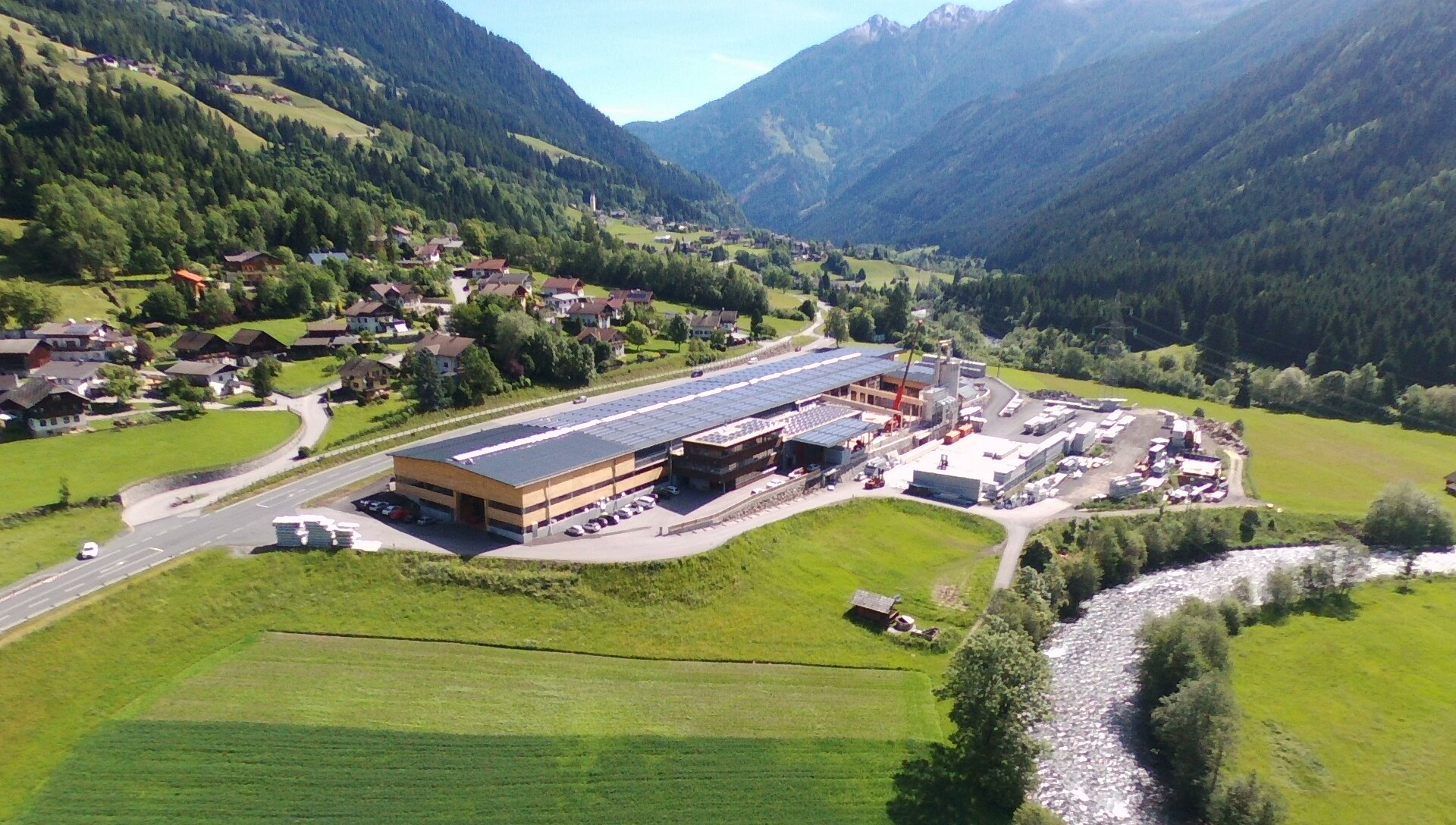Carbon Removal Projects
Companies looking to compensate for hard-to-abate emissions or intermediaries can purchase credits directly from these accredited carbon removal projects. Once purchased, credits can be retired in the public registry on behalf of a named beneficiary or transferred to account holders. Explore the FAQ section for more details.
Leading buyers that have retired credits from these projects:
.jpg)
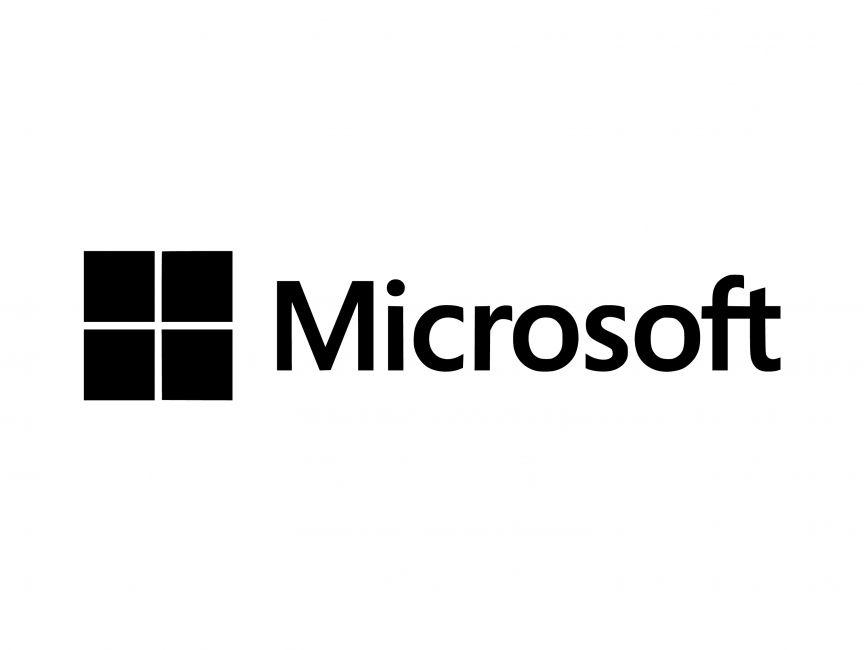
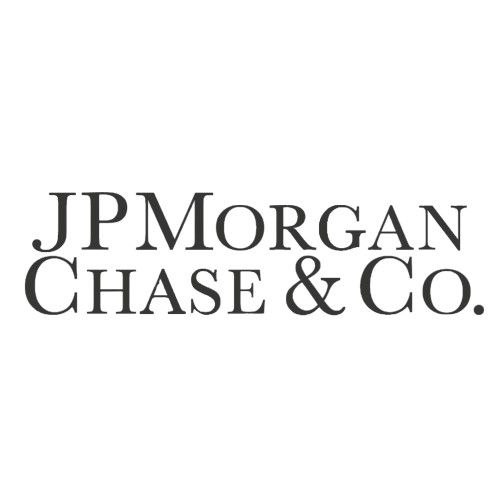

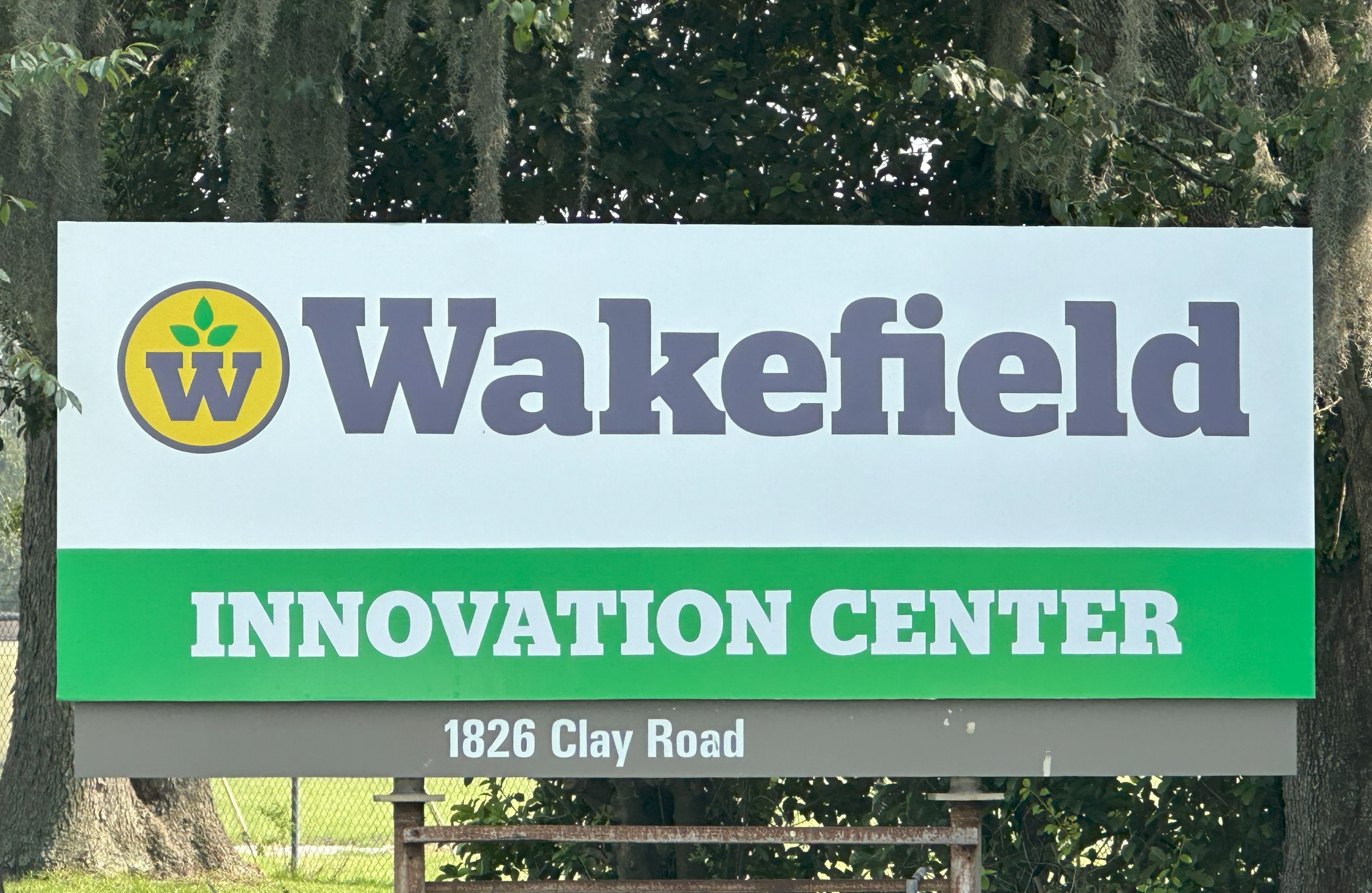
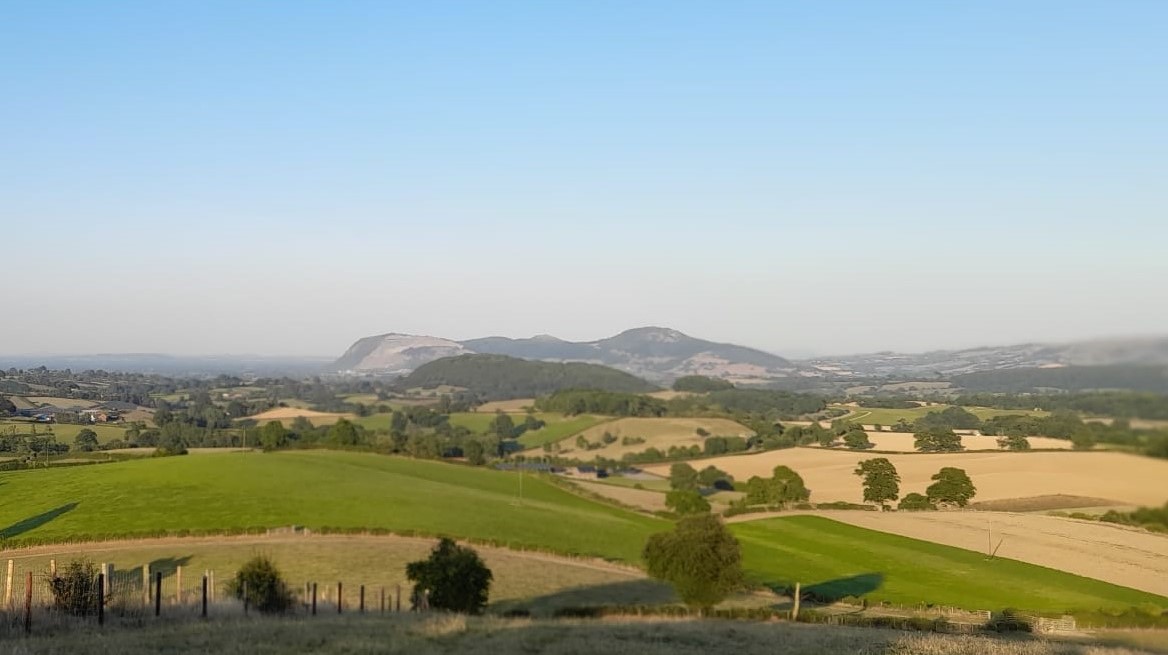
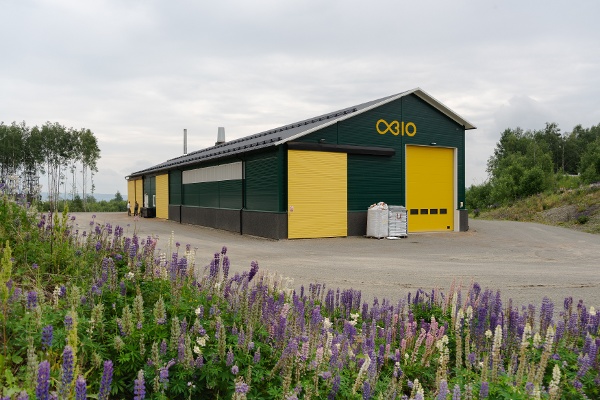

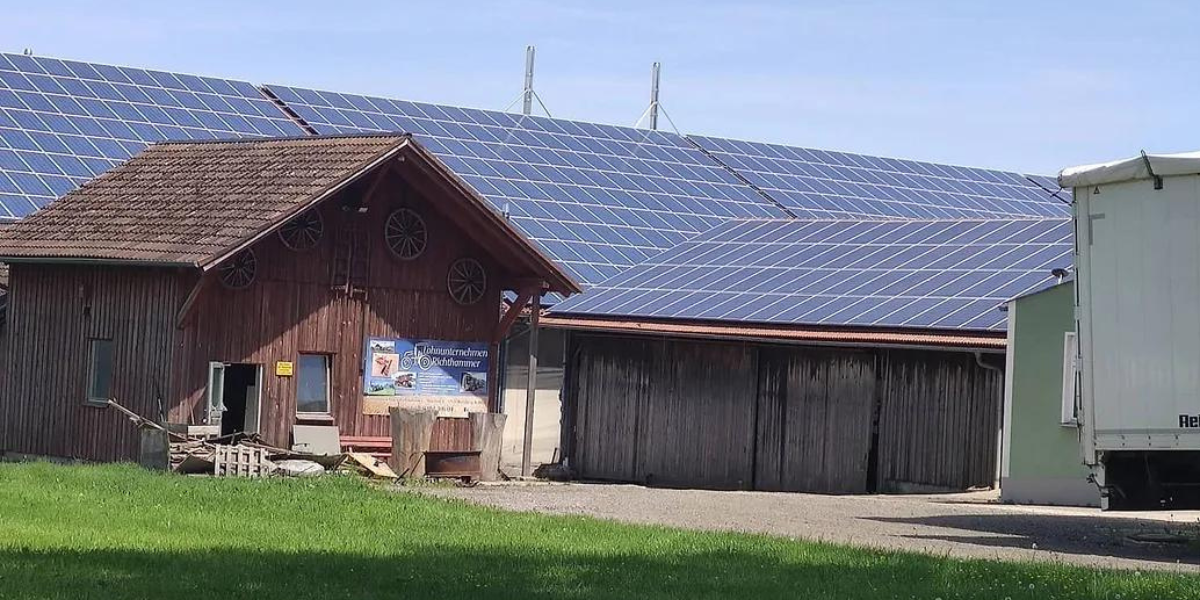



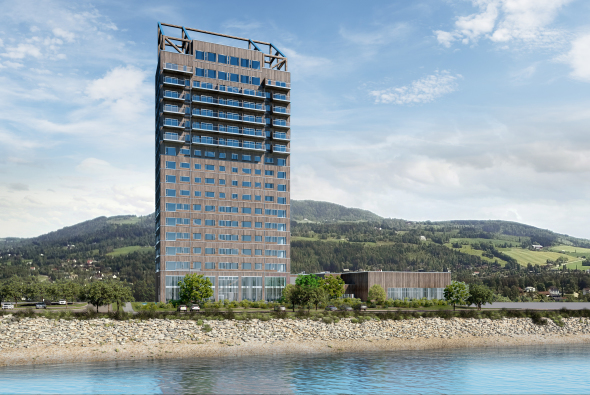
.jpg)
